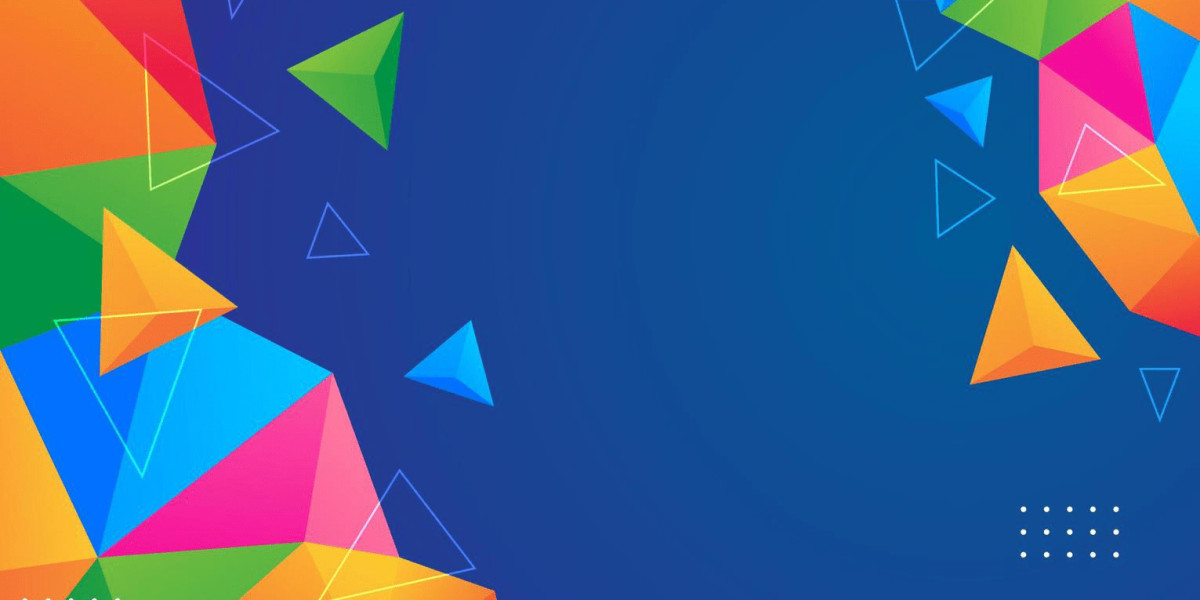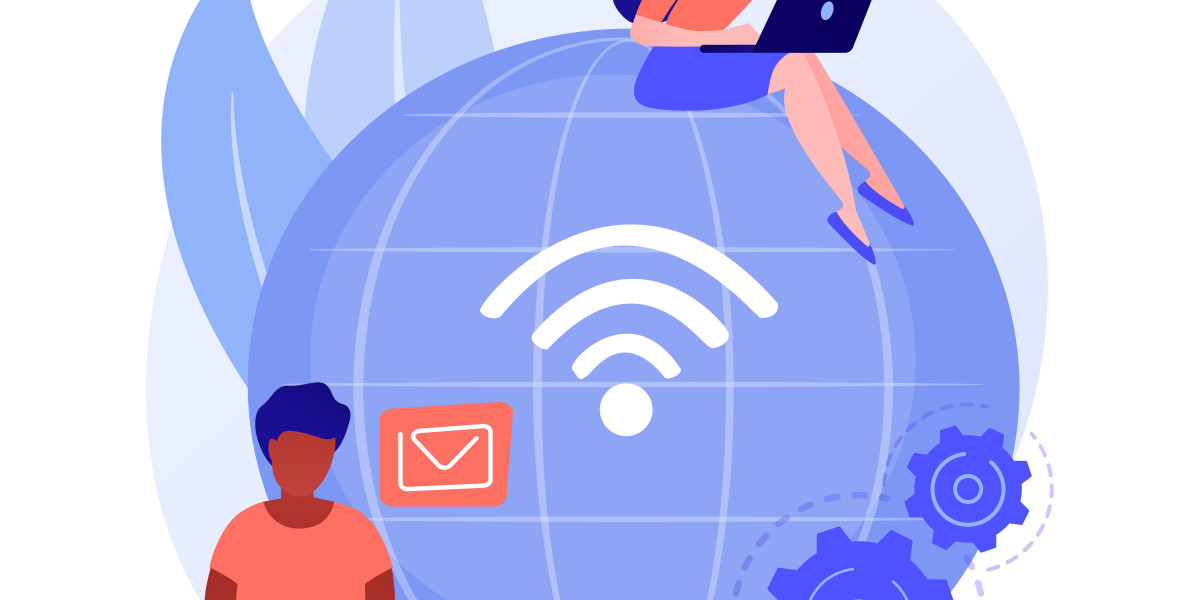The capacity of AI technology has actually been percolating in the background for many years. But when ChatGPT, the AI chatbot, began getting headlines in early 2023, it put generative AI in the spotlight. This guide is your go-to handbook for generative AI, covering its advantages, limits, use cases, potential customers and a lot more.
What is OpenAI?
- Share this product with your network:
-
-
-
-
-
-.
-.
-.
-
- Cameron Hashemi-Pour, Former Site Editor
OpenAI is a private research study lab that aims to develop and direct expert system (AI) in ways that benefit humanity as a whole. The business was founded by Elon Musk, Sam Altman and others in 2015 and is headquartered in San Francisco.
OpenAI was created in part because of its founders' existential issues about the potential for catastrophe arising from carelessness and abuse of general-purpose AI. The company has a long-term focus on basic advances in AI and its abilities. The founders of the business and other financiers started the company with a $1 billion endowment. In February 2018, Elon Musk left the business due to a prospective conflict of interest with his work at Tesla, the automotive and clean energy business inspired by Nikola Tesla.
The mentioned intent of the company-- to work toward safe artificial general intelligence (AGI) for the advantage of humanity-- is reflected in its goal to freely collaborate with other research organizations and individuals. Research and patents made by the business are meant to remain open up to the public except in cases where they could adversely affect security.
Timeline and history of OpenAI
OpenAI was originally concentrated on establishing AI and artificial intelligence tools for video games and other recreational functions. Less than a year after its main founding on Dec. 11, 2015, it released its very first AI offering: an open source toolkit for establishing reinforcement knowing (RI) algorithms called OpenAI Gym. Over the next 2 years, OpenAI concentrated on more basic AI development and AI research study.
This short article belongs to

What is Gen AI? Generative AI described
- Which also includes:.
8 top generative AI tool categories for 2025.
Will AI change tasks? 17 task types that may be affected.
25 of the very best large language models in 2025
In 2018, OpenAI released a report to discuss to the world what a Generative Pre-trained Transformer (GPT) is. A GPT is a neural network, or a machine finding out model, developed to function like a human brain and trained on input, such as large data sets, to produce outputs-- i.e., responses to users' questions.
In March 2019, OpenAI shifted from not-for-profit to capped-profit status and became formally referred to as OpenAI LP, managed by moms and dad company OpenAI Inc. Almost two years later on, in January 2021, OpenAI presented Dall-E, a generative AI design that examines natural language text from human users and after that produces images based upon what is described in the text.
Perhaps the company's best-known item is ChatGPT, released in November 2022 and declared as the world's most innovative chatbot for its ability to offer answers to users on a relatively unrestricted variety of topics. Its advantages and downsides, along with its usages in various markets, are still being discussed.
Elon Musk no longer serves on the board of the company, and co-founder Sam Altman served as the business's CEO up until November 2023 along with president and chairman Greg Brockman, previously the CTO of financial services and SaaS business Stripe; and chief scientist Ilya Sutskever, formerly of Google.
In November 2023, Altman was fired from his position by the board of directors, mentioning that Altman was not candid in his communications to the board. Not long after, Brockman left the company. Both were employed by Microsoft 3 days after leaving the company.
Emmet Shear, co-founder of Twitch, was worked with as the interim CEO at OpenAI after Altman's departure. Following Altman's firing, around 500 of OpenAI's staff members stated they would quit if the board of directors didn't step down. After simply five days, Altman and Brockman were re-hired in their initial functions at OpenAI with a brand-new board of directors.
Notable tasks and releases
OpenAI has actually been deemed innovative for systemcheck-wiki.de its significant item offerings, that include the following:
GPT-3. This effective large language model (LLM) works as the basis for other OpenAI products. It analyzes human-generated text to find out to produce similar text by itself.
GPT-4. Released in March 2023, GPT-4 provides multimodal AI performance, where it can examine both text and images.
GPT-4o. Introduced in May 2024, GPT-4o boosted multimodal ability to recognize images, text and audio. GPT-4o is more conversational than other models. GPT-4o will recognize the user's screens and images and ask concerns about them.
OpenAI o1. Released in September 2024, OpenAI o1 is an LLM with enhanced thinking functionality. Instead of providing an action as quickly as possible, o1 "believes" through the ideal method to solve a problem for more accurate reactions.
OpenAI o3. Announced in December 2024, wiki.vst.hs-furtwangen.de this o1 successor design has 2 variations-- o3 and o3-mini. These models utilize what OpenAI calls a "private chain of thought" in support knowing, which teaches the o3 model to stop briefly and examine internal dialogue using simulated reasoning before producing replies. OpenAI plans to launch o3-mini to the public in January 2025.
ChatGPT Search. This AI search engine is presently built into ChatGPT for Plus and Team users. The search feature provides updated details from the web and allows ChatGPT to take on other search engines. It was released in October 2024.
Dall-E and Dall-E 2. These generative AI platforms can examine text-based descriptions of images that users desire them to produce and after that create those images exactly as described.
Clip. Clip is a neural network that synthesizes visuals and the text relating to them to anticipate the best possible captions that many properly explain those visuals. Because of its capability to gain from more than one kind of data-- both images and text-- it can be classified as multimodal AI.
ChatGPT. ChatGPT is currently the most advanced AI chatbot designed for generating humanlike text and producing answers to users' questions. Having been trained on big information sets, it can produce answers and responses the method a human would. Since its production, updates to this tool have permitted it to interact with users through voice conversation and images.
Codex. Codex was trained on billions of lines of code in various programs languages to assist software application designers simplify coding procedures. It's established on GPT-3 technology, however instead of producing text, it creates code.
Whisper. Whisper is identified as an automatic speech recognition (ASR) tool. It has been trained on a plethora of audio information in order to acknowledge, transcribe and equate speech in about 100 different languages, including technical language and various accents.
ChatGPT Enterprise. Although this resembles the consumer variation of ChatGPT, the enterprise variation lets users build the training of their model. This edition also reviews the current incremental modifications made to ChatGPT.
Custom GPTs. GPTs are custom variations of ChatGPT that users can tailor to particular use cases with no code. Verified GPT builders can share custom GPTs in the GPT shop and earn money doing so.
OpenAI and Microsoft
At the start of 2023, Microsoft publicly committed to a multibillion-dollar financial investment in OpenAI, but its interest in the company is nothing brand-new. In July 2019, OpenAI engaged in a multiyear partnership with Microsoft in which Microsoft's cloud platform, timeoftheworld.date Azure, has been improved by AI-based computing products.
Microsoft's latest investment in OpenAI encompasses Bing, its search engine. The business is utilizing the exact same technology developed for ChatGPT to produce an AI-infused variation of Bing. Concurrently, AI-based features have also been included to Microsoft's Edge browser, and ChatGPT functionality is being contributed to Microsoft 365 products such as Outlook and Teams.
Criticisms of OpenAI
Despite all these quick developments, OpenAI has not been unsusceptible to criticism, both worldwide of tech and beyond. The company's shift from "not-for-profit" to "capped revenue" status in 2019 fueled criticism that its commitment to dealing with others on building "safe and advantageous" basic synthetic intelligence had ended up being a profit-driven "AI arms race" to produce the most sophisticated AI innovation on the marketplace. Simultaneously, others have revealed concerns about OpenAI's growing lack of openness into how its revolutionary items are being established, given its dedication to developing open source software application.
More recently, the debut of ChatGPT in late 2022 has come into a reasonable offer of criticism alongside the widespread praise for its groundbreaking abilities. The innovation has been implicated of producing "hallucinations" or other factually unreliable responses that are seemingly intelligent and well written, yet don't hold up under examination. While this is maybe the most notorious disadvantage of the platform, others include its prospective to plagiarize from other sources as well as its restrictions in producing answers on the most updated news. The data set it was trained on was from 2021, so the material it generates could injustice those who need details on existing occasions. OpenAI upgraded ChatGPT Plus in November 2023 to consist of information up to April of that year.
OpenAI's chatbots are among numerous that dealt with safety issues early in 2023. Aside from the assistive abilities of these resources, researchers also found toxic content in their reactions. Examples of these consist of information on how to build a bomb, together with assistance on how to perform identity theft and steal from a charity.
International suspicion surrounding AI likewise continues to emerge. The French and Italian governments, for instance, offered demands and evaluations for OpenAI. Meanwhile, the U.S. White House requested further info related to the dangers related to AI.
Lawsuits surrounding copyright with OpenAI have also shown up. In June, creators dealt with examination amid a charge from Joseph Saveri Law Practice. Made on behalf of five book authors, this allegation suggested ChatGPT and its underlying LLMs-- GPT-3.5 and GPT 4-- included copyrighted products. Specifically, it accused these sources of utilizing the authors' copyrighted works for summaries to train the LLMs. This took location without permission from the authors.
The New york city Times also took legal action against OpenAI and Microsoft in December 2023 for copyright infringement, implicating them of illegally copying articles to train LLMs and produce AI items that contend with The New York Times. The paper was the first significant news organization to sue OpenAI and Microsoft for utilizing their publications to train AI systems.

Among issues, actions to improve the system frequently happen. In reaction to the apprehension surrounding ChatGPT, OpenAI introduced ChatGPT Enterprise in August. With this new version, companies can have a much better hold on model training and the data that exists within models. However, there stays an absence of clarity surrounding the training data used by the model. As such, classifieds.ocala-news.com enterprises have shared concerns about the model using copyrighted material for training.
OpenAI has actually likewise dealt with criticism surrounding absence of diversity on its board of directors. Critics kept in mind the board's absence of representation isn't in line with the company's mission to "benefit all of mankind." Following the firing and rehiring of Sam Altman in November 2023, OpenAI ousted its only 2 female board members and renewed a board comprised exclusively white men. Lawmakers in Washington likewise suggested that OpenAI diversify its board following the restructuring.
The future of OpenAI
OpenAI has actually not supplied extensive public commentary on future strategies, but based upon recent investments, democratization of AI is a clear objective of the Microsoft-OpenAI collaboration, as nontechnical professionals must soon have more AI tools at their disposal that do not require AI proficiency.

Microsoft has actually likewise acted that appear to suggest the expected growth of OpenAI and comparable resources. In 2023, the business announced a financial investment of more than $13 billion in OpenAI. With the goal of sustaining making use of AI for various purposes, the financial investment acquired a large quantity of support following its contrast to the web revolution.
In the 1990s, Bill Gates released a memo that described the internet as a "tidal bore" that would have a large influence on Microsoft. While referencing this memo, Microsoft CEO Satya Nadella just recently noted the similarities between web and AI growth. Furthermore, Microsoft is intending to utilize these tools to support development.
In parallel with its anticipated growth, OpenAI hosted its very first developer conference in November 2023. At the event, OpenAI revealed GPT-4 Turbo, a language design with a substantially bigger context window than its predecessors, a more affordable API rates model and a later training data cut. OpenAI also debuted personalized GPTs, a "Copyright Shield" that will safeguard clients from legal action, and GPT store where users can generate income from and access custom GPTs.
In December 2023, OpenAI struck a handle media business Axel Springer to utilize its news content in OpenAI's items. This lets ChatGPT offer news summaries from Axel Springer's outlets, that include Politico and Business Insider. The offer shows OpenAI's intent to explore chances in AI-powered journalism.
Currently, OpenAI is in early talks with the California chief law officer's workplace to alter is business structure from a capped-profit organization to a for-profit business. OpenAI began as a nonprofit AI research laboratory in 2015.
Continue Reading About What is OpenAI?
What is generative AI? Everything you need to know
Bard vs. ChatGPT: What's the distinction?








